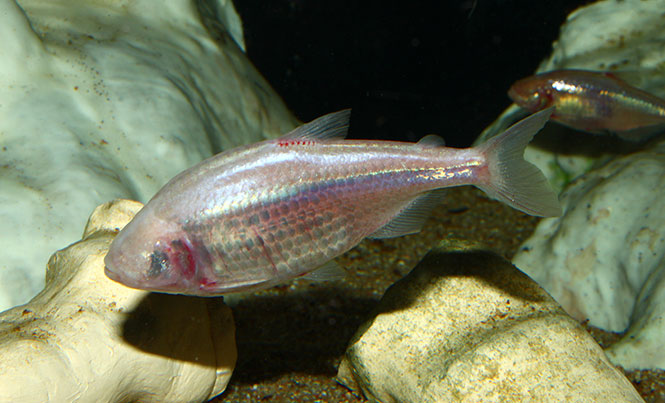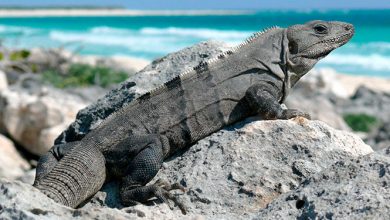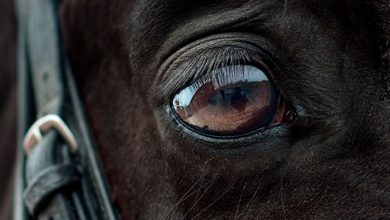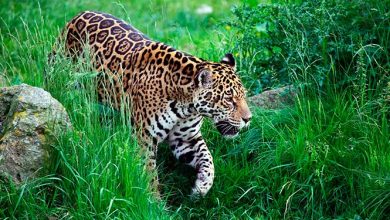To See or Not to See
Adaptation has caused this Mexican species to lose its sight in favor of other heightened senses

Adjusting to one’s environment is crucial for survival, and the Mexican blind tetra cavefish has mastered its life in the dark underwater caves of the Yucatan. Scientists believe that the tetra cavefish compensates for living in total darkness by not wasting precious energy on sight. To reduce energetic supplies used for vision, and parts of the brain used for sight, it has evolved as blind in exchange for heightened taste, hearing, smell and other senses which allow it to thrive in complete darkness.
 Scientists believe that the tetra cavefish compensates for living in total darkness by not wasting precious energy on sight. [/box]Scientists believe that the tetra cavefish compensates for living in total darkness by not wasting precious energy on sight. [/box]When you lose one sense your other sense organs will improve to compensate. They can even detect light through a skin gland in the head. Specialized hair cells run along the lateralis system (tactile sense organs), enhancing the ability to feel changes in the vibration of the water. Over time, a mutation caused the fish to have poor eyesight and eventually lose its eyes altogether. Without light, its iridescent coloring has changed to an albino light pink color, which would make the tetra especially vulnerable if it was ever to surface. These adaptations mean the species must stay underground as it would not have any protection against sighted predators or sunlight.
Scientists believe that the tetra cavefish compensates for living in total darkness by not wasting precious energy on sight. [/box]Scientists believe that the tetra cavefish compensates for living in total darkness by not wasting precious energy on sight. [/box]When you lose one sense your other sense organs will improve to compensate. They can even detect light through a skin gland in the head. Specialized hair cells run along the lateralis system (tactile sense organs), enhancing the ability to feel changes in the vibration of the water. Over time, a mutation caused the fish to have poor eyesight and eventually lose its eyes altogether. Without light, its iridescent coloring has changed to an albino light pink color, which would make the tetra especially vulnerable if it was ever to surface. These adaptations mean the species must stay underground as it would not have any protection against sighted predators or sunlight.
This fish is omnivorous and will eat anything it can find. This includes animal carcasses, plants, aquatic insects, crustaceans, worms, snails, fish, and algae. The eyeless Mexican tetra fish loses its circadian metabolic rhythms, which is the internal body clock that tells the body when to sleep or eat. As it is affected by temperature and sunlight (or lack of) it allows them to save a lot of energy.
The creature has become popular in home aquariums, but the question is: will it regain its sight living above ground? The surface-dwelling sighted version of this species has adjusted to a human presence in its environment and has even learned to wait for cave divers, taking advantage of their lights and following them into caves in order to hunt.







